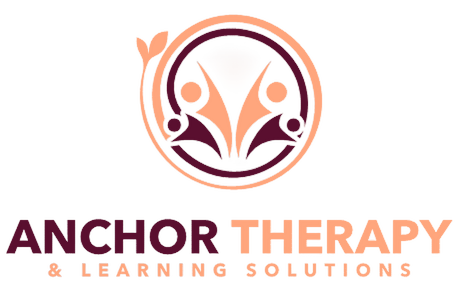Celebrate the triumphs and milestones achieved by students at Anchor Therapy & Learning Solutions in this uplifting blog. Through compelling success stories, we showcase the tangible impact of our secure virtual delivery model on academic and personal growth. From overcoming learning challenges to achieving newfound confidence, these narratives highlight the transformative journey that unfolds when dedicated clinicians and motivated students come together in the virtual realm. Explore the diverse array of success stories that exemplify our commitment to unlocking the full potential of every student we serve.



